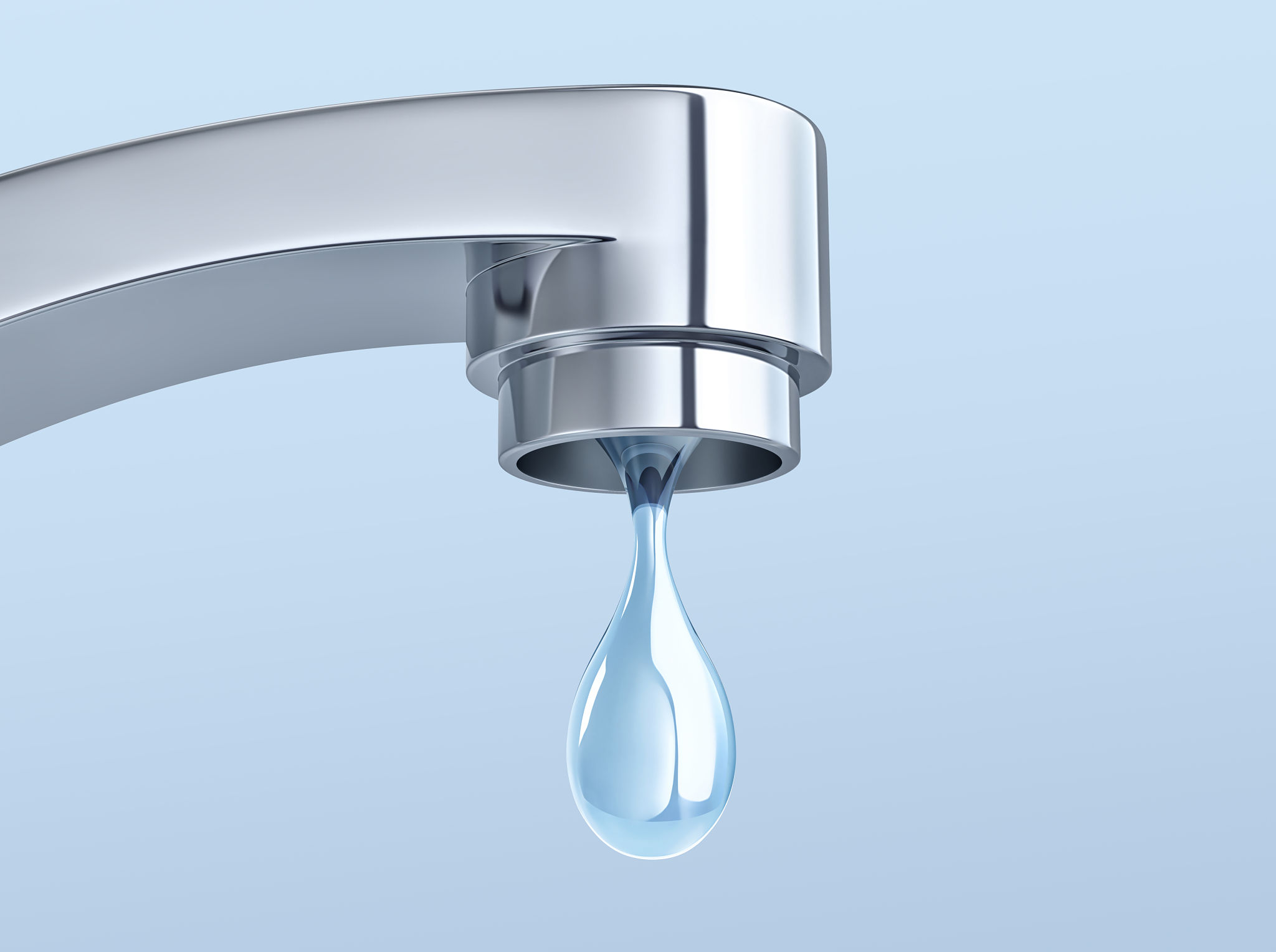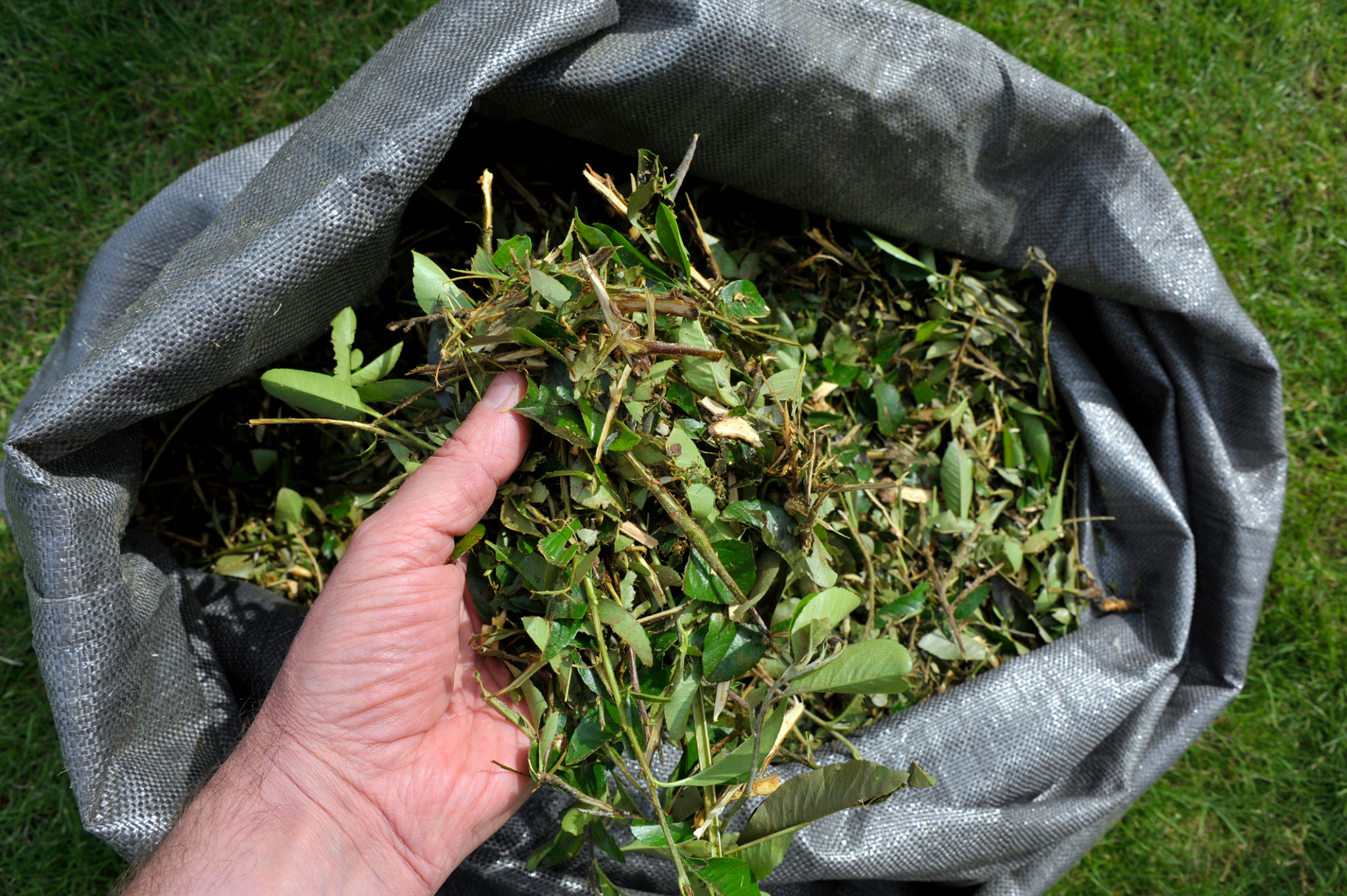Understanding Local Lawn Care Regulations in Sanford, NC
Introduction to Local Lawn Care Regulations
Maintaining a lush, green lawn in Sanford, NC, requires more than just regular mowing and watering. Homeowners and landscaping professionals must also navigate local lawn care regulations that help preserve the environment and ensure community standards are met. Understanding these regulations can save you from potential fines and contribute to a healthier ecosystem.
From rules about pesticide application to guidelines on water usage, Sanford has established specific regulations that residents must follow. These rules are designed to protect local wildlife, conserve water resources, and ensure public safety. Compliance is not only a legal obligation but also a step towards responsible lawn care.

Pesticide and Fertilizer Application
One of the critical areas of lawn care regulation in Sanford involves the use of pesticides and fertilizers. The city has implemented restrictions on the types and amounts of chemicals that can be applied to lawns. These regulations aim to minimize the impact on local water supplies and prevent harmful runoff that can affect nearby rivers and streams.
Residents must ensure that any products used are approved by the appropriate regulatory bodies and applied according to the manufacturer's instructions. It is also essential to follow any local guidelines on application timing and frequency to avoid potential penalties.
Understanding Water Usage Restrictions
Water conservation is a significant concern in Sanford, leading to specific guidelines on lawn irrigation. During periods of drought or low water availability, the city may impose restrictions on watering times and frequencies. Typically, watering is permitted during early morning or late evening to reduce evaporation and maximize water efficiency.

Utilizing efficient irrigation systems such as drip or soaker hoses can help comply with these regulations while maintaining a healthy lawn. Homeowners are encouraged to install rain sensors or smart controllers to automatically adjust watering schedules based on weather conditions.
Waste Disposal and Yard Debris
Proper disposal of yard waste is another critical aspect of lawn care in Sanford. The city outlines specific methods for collecting and disposing of grass clippings, leaves, and other organic debris. Residents can take advantage of curbside pickup services or designated drop-off locations for their yard waste.
Composting is also encouraged as an environmentally friendly alternative to disposal. By converting organic waste into nutrient-rich compost, you can reduce landfill contributions while enhancing soil quality in your garden.

Community Standards and Aesthetic Guidelines
Beyond environmental considerations, Sanford has established aesthetic guidelines to maintain community standards. These include regulations on grass height, acceptable plant species, and the appearance of landscaping features. Adhering to these guidelines not only keeps your property looking tidy but also contributes to neighborhood harmony.
Regularly mowing your lawn, trimming bushes, and maintaining garden beds are simple practices that align with these community standards. Additionally, choosing native plants can enhance biodiversity and require less maintenance, making them a practical choice for homeowners.
Conclusion: Taking Responsibility for Your Lawn
Navigating local lawn care regulations in Sanford, NC, might seem daunting at first, but understanding these rules is crucial for maintaining a healthy and attractive landscape. By complying with pesticide use, water conservation practices, waste disposal methods, and community standards, residents contribute positively to their environment and community.
Being informed about local regulations not only ensures compliance but also promotes sustainable gardening practices. As you tend to your lawn, remember that responsible care benefits both your immediate surroundings and the broader ecosystem.